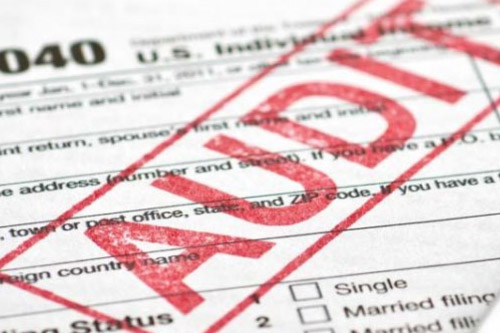During the webinar, the SARS Commissioner, Edward Kieswetter, advised taxpayers to think carefully before claiming their home office expenses and cautioned against having a “catch-me-if-you-can” attitude.
Non-compliers will be detected and will not qualify for the deduction
Since working from home has become far more prevalent, SARS anticipated an influx of these claims and confirmed that they will work hard to detect non-compliance. It is their intention to give the honest taxpayer a seamless and pleasant experience, but for the dishonest or negligent taxpayer it will be hard and even costly if they are non-compliant. They further recognize that, although there are honest taxpayers who are entitled to claim a home office expenses deduction, there are also individuals who will seek to abuse it.
For this reason, taxpayers who claim the deduction, and especially those who claim it for the first time, will be subjected to an audit. To date SARS received 10,000 claims from taxpayers for the deduction of home office expenses. Of these claims, 8,500 were selected and deferred for further verification or an audit and 70% thereof were denied due to non-compliance. This amounts to a disallowance rate of around 60% of all claims. Once flagged for an audit, 400 taxpayers revised their submissions and removed the claim for the deduction. The Commissioner confirmed that this prevented about R10 million of impermissible or unlawful refunds from being paid out.
Legal requirements
SARS confirmed that the legal requirements for claiming a home office expenses deduction has not changed. Salaried employees who worked from home may claim the deduction provided they meet all the requirements in the Income Tax Act, No. 58 of 1962.
The home office must be occupied for purposes of a trade (which includes employment), it must be specifically equipped for purposes of the trade, and the home office must be used regularly and exclusively for business purposes. In addition, the employee must perform more than half of their employment duties from the home office during the year of assessment. The employee must also have incurred the actual expenses and not their employer.
Practical considerations to prove entitlement to the deduction
The key consideration for taxpayers is that they must be able to provide adequate supporting documentation to discharge their burden of proof.
SARS provided some guidance as to the supporting documentation that a taxpayer must submit and/or may be required to present upon request:
- A letter from their employer confirming that the employee was allowed to work away from the office;
- An adequate record of the dates that they worked from home as opposed to the dates worked from their employer’s office;
- Invoices for actual expenses incurred;
- A floorplan or building plan of the premises to indicate the floor area of the home office;
- A proper and acceptable calculation of apportionment of expenses where necessary;
- Photographs of the home office may be requested; and
- If SARS is not satisfied with the above, they may conduct a site visit of the employee’s home office.
Finally, the Commissioner warned that taxpayers who make a dishonest claim or fraudulent declaration must remember that in such instance there will be no prescription. Should SARS decide to conduct an audit and the non-compliance is discovered, they may raise an additional assessment, together with penalties and interest.
Article: TaxConsulting





